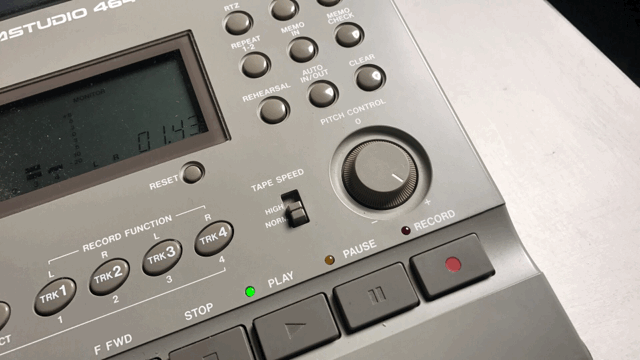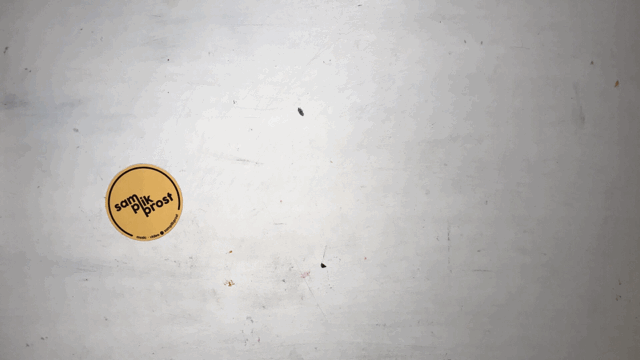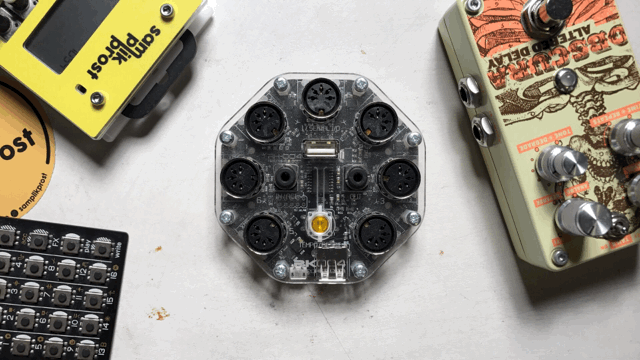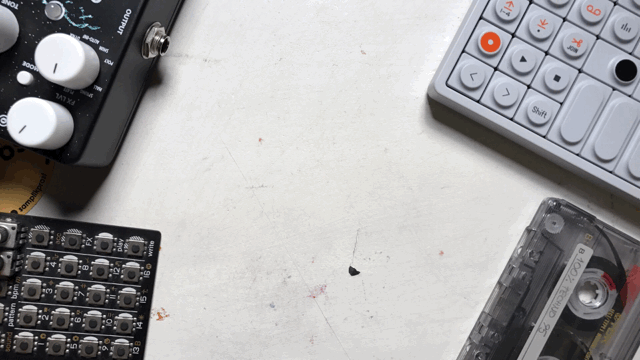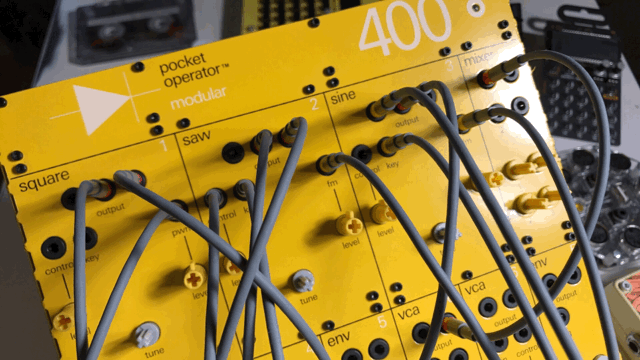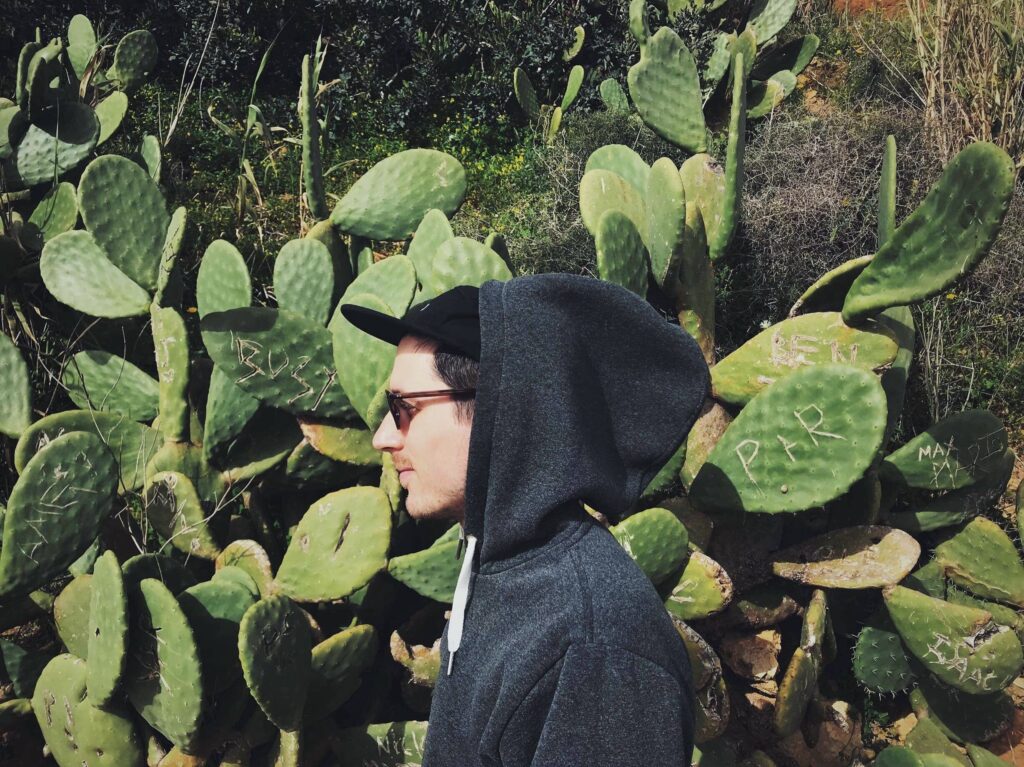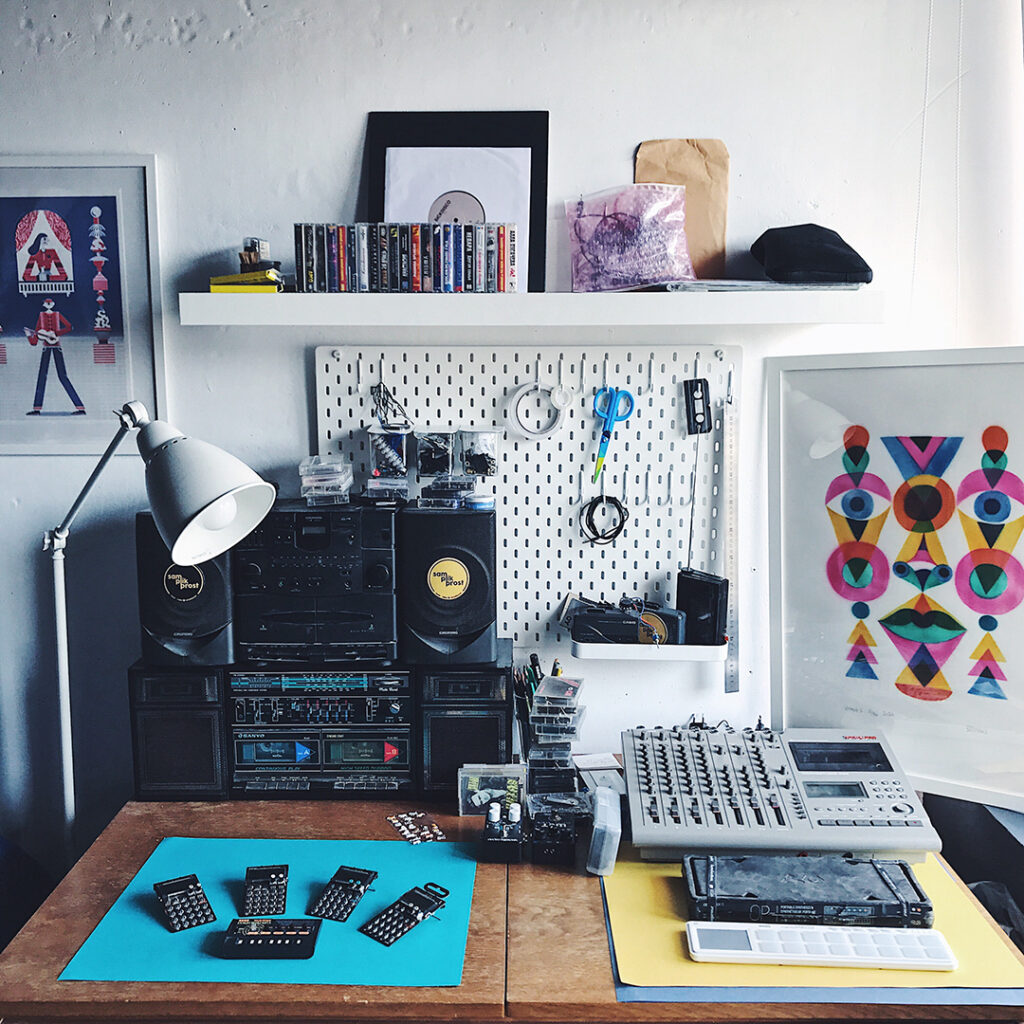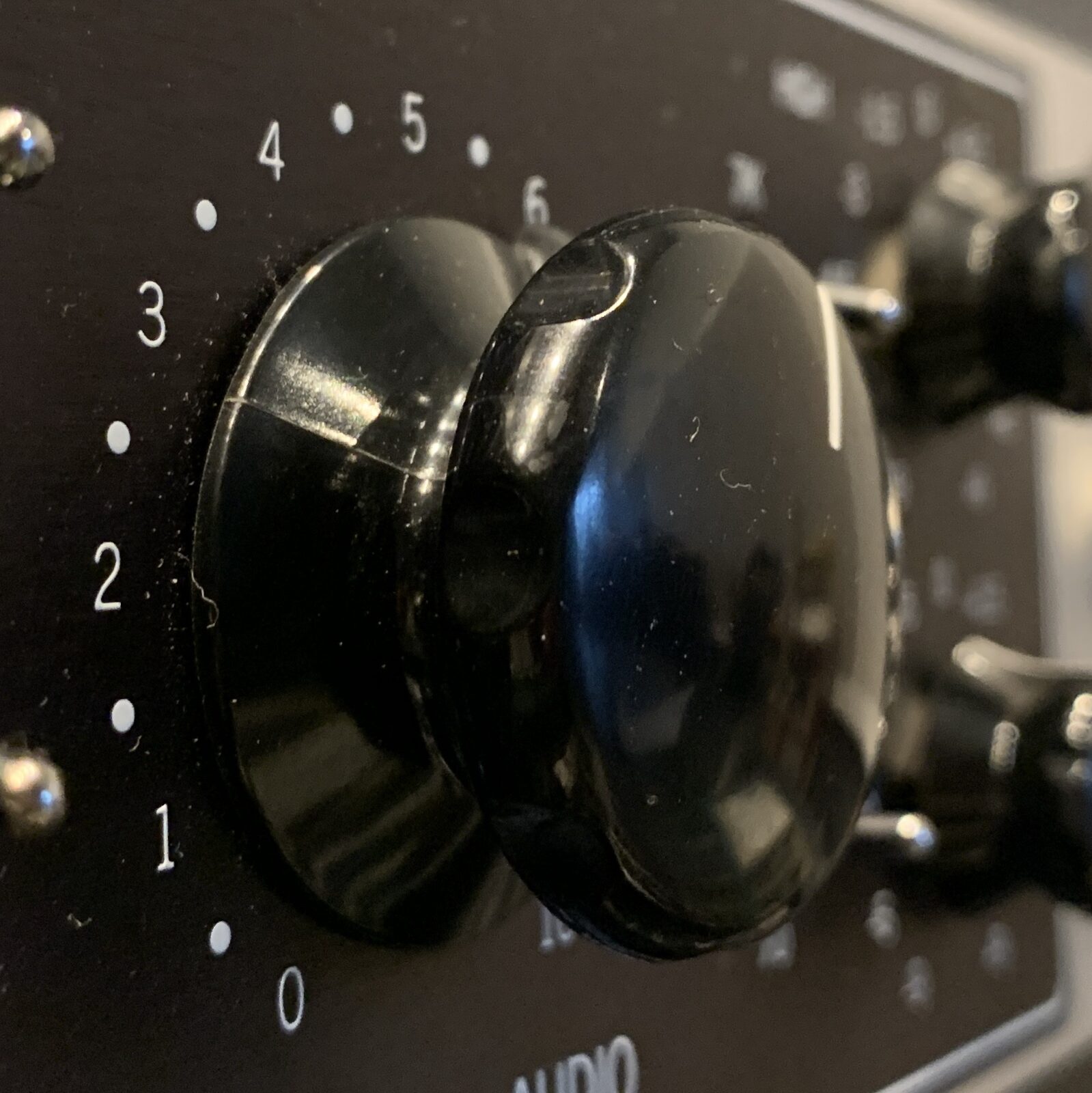1. Favourite knob/fader/switch on a piece of gear and why?
Feedback knob on my Strymon El Capistan dTape Echo. I like balancing on the edge of a wild totally uncontrollable feedback. Or even crossing this edge sometimes 🙂
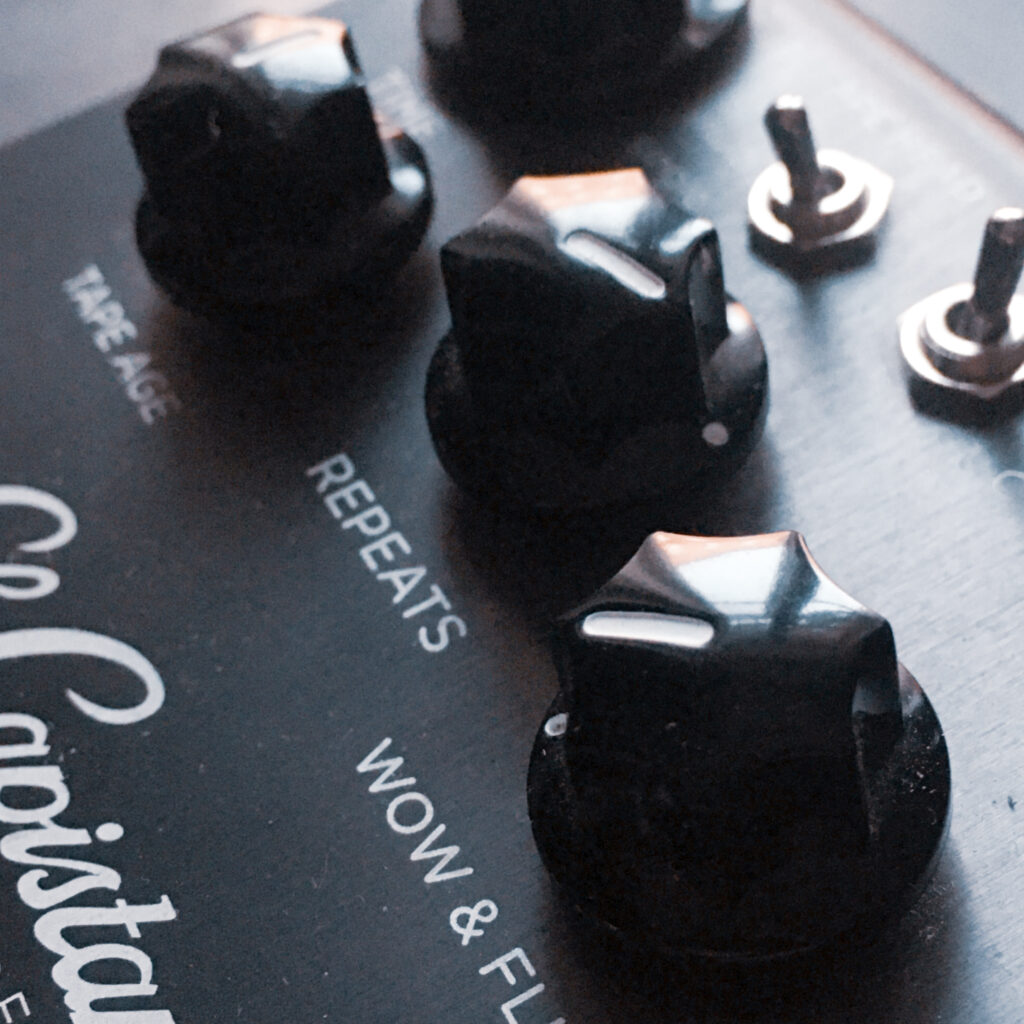
2. Do you have an ‘almost’ perfect bit of kit? What would you change?
Red Panda Particle 2. For me it’s a perfect granular delay pedal. It can go from gentle reversed echoes to the wall of glitch and chaos in sound. And it’s stereo! It is important, as I use to process synths, drum machines or even groups of tracks through it.
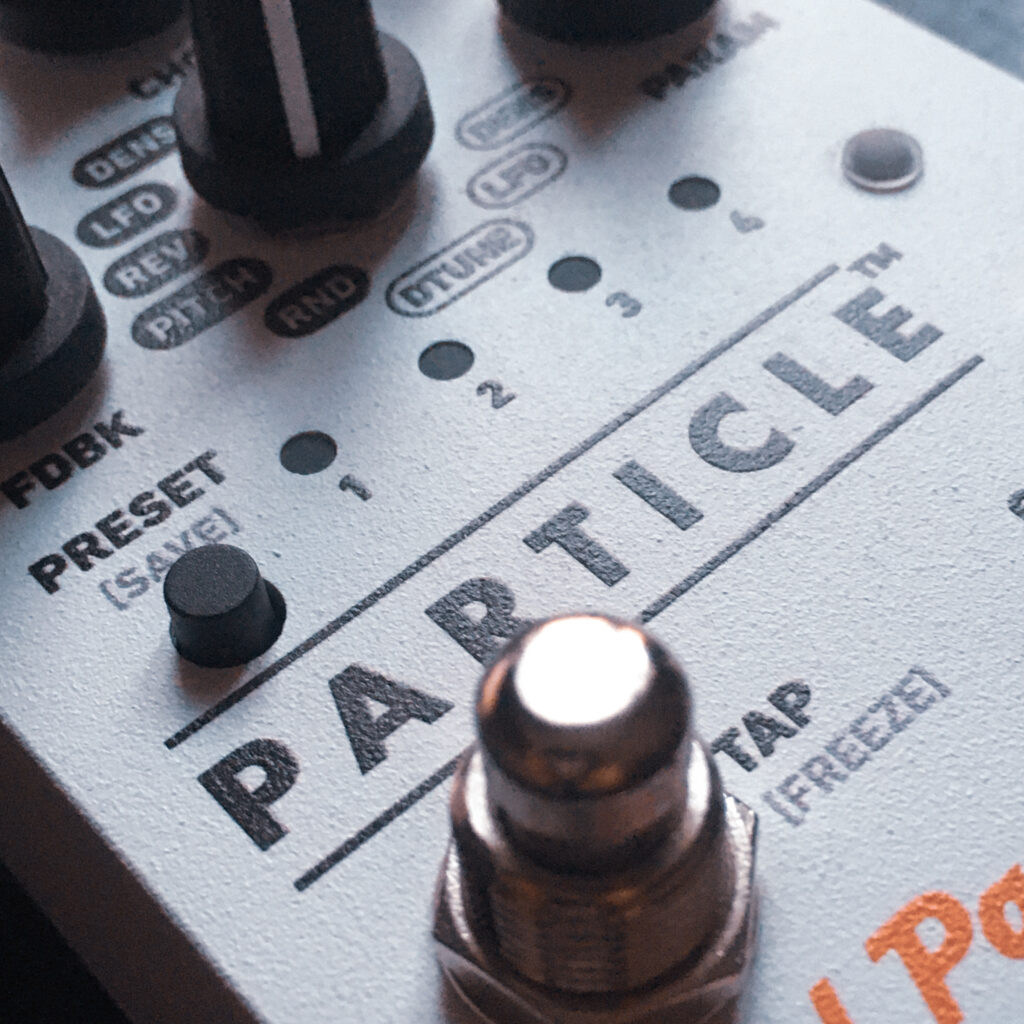
3. What setup do you bring on holiday/tour/commute etc.?
I’ll go with Digitakt and Hokema Electro Kalimba. Digitakt is an in-a-box workstation which allows sketching, playing jams on my own or with fellow musicians, and almost to do a finished track, while this kalimba is just tiny magic.
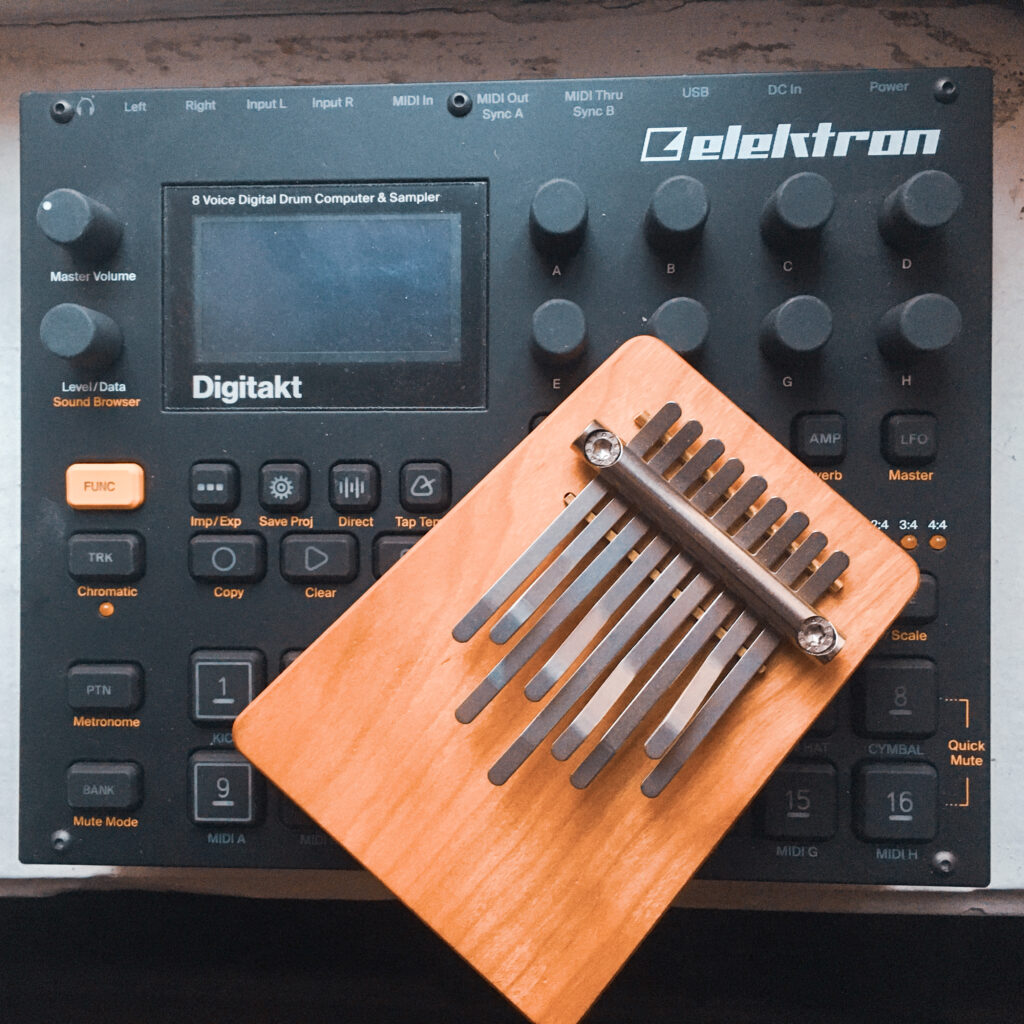
4. What software do you wish was hardware and vice versa?
It’s a tricky question, because all of my favorite plugins already have hardware prototypes. At the same time, I’m not a big fan of software to wish anything hardware turned into soft.
Nonetheless, recently I discovered amazing plugins by Puremagnetik. Although they obviously have some hardware inspiration, the plugins are truly unique and have strong personality in sound and usability. So yes, I wish I could have these in hardware.
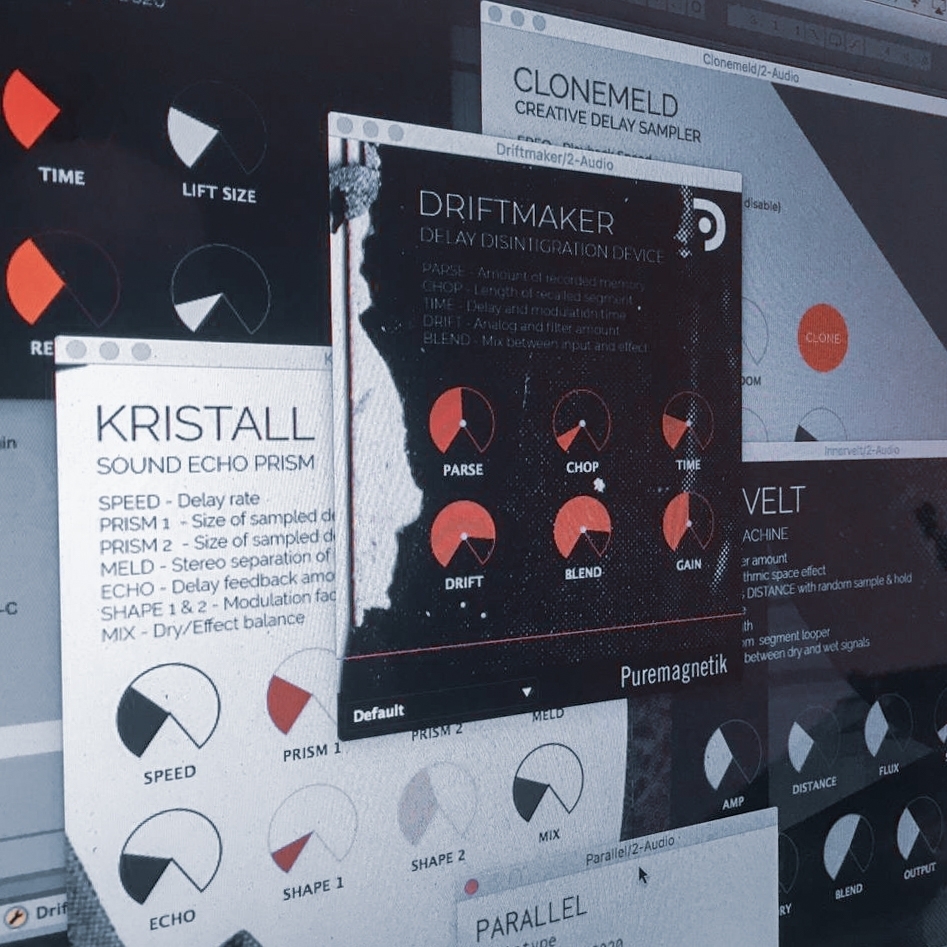
5. Is there anything you regret selling… or regret buying?
The only thing I got rid of without any doubt was an AKAI MPK249. Don’t get me wrong, it’s amazing midi controller which is perfect for its purposes, it just doesn’t work for me personally, cause I’m not really a controller-kind person. In this case I clearly realised that I cannot rely on computers in creating music. With this MPK249 in setup, I had an almighty controller and a laptop with awesome software, but I couldn’t come up with any idea for weeks. Being honest, I actually don’t regret buying it, because it helped me finally to understand that midi-controllers are not my thing, speaking on composing workflows.
Talking about selling, I didn’t sell that much to regret something.
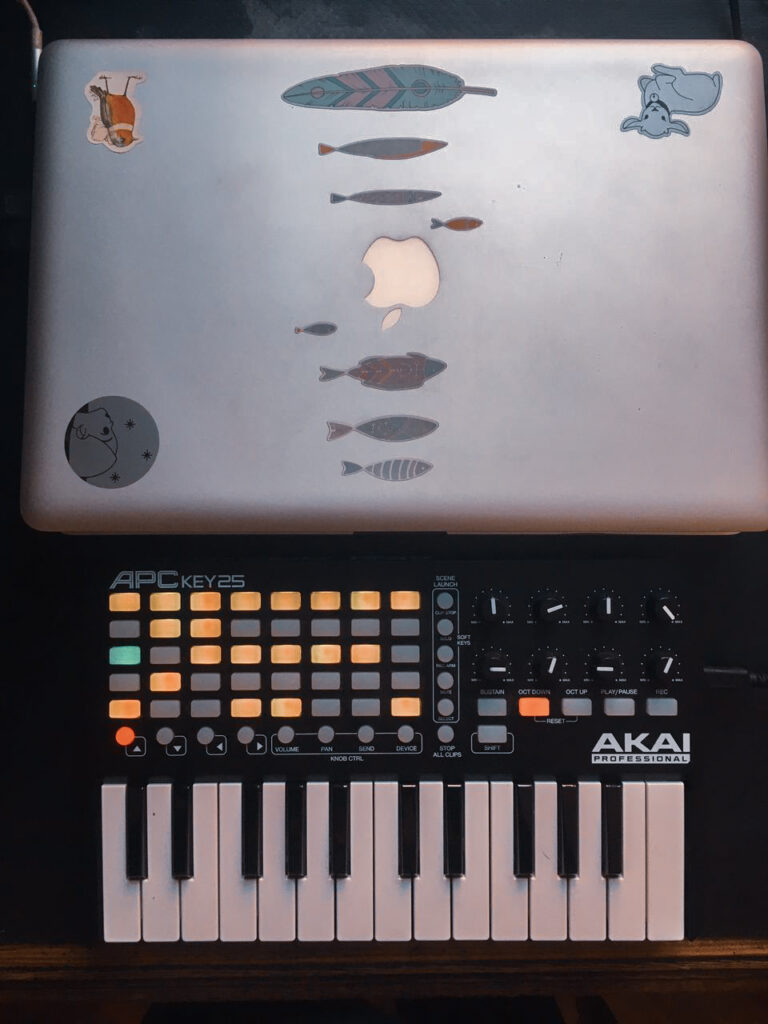
6. What gear has inspired you to produce the most music?
Definitely my piano. If you’d do me the favour to call it “gear” 🙂
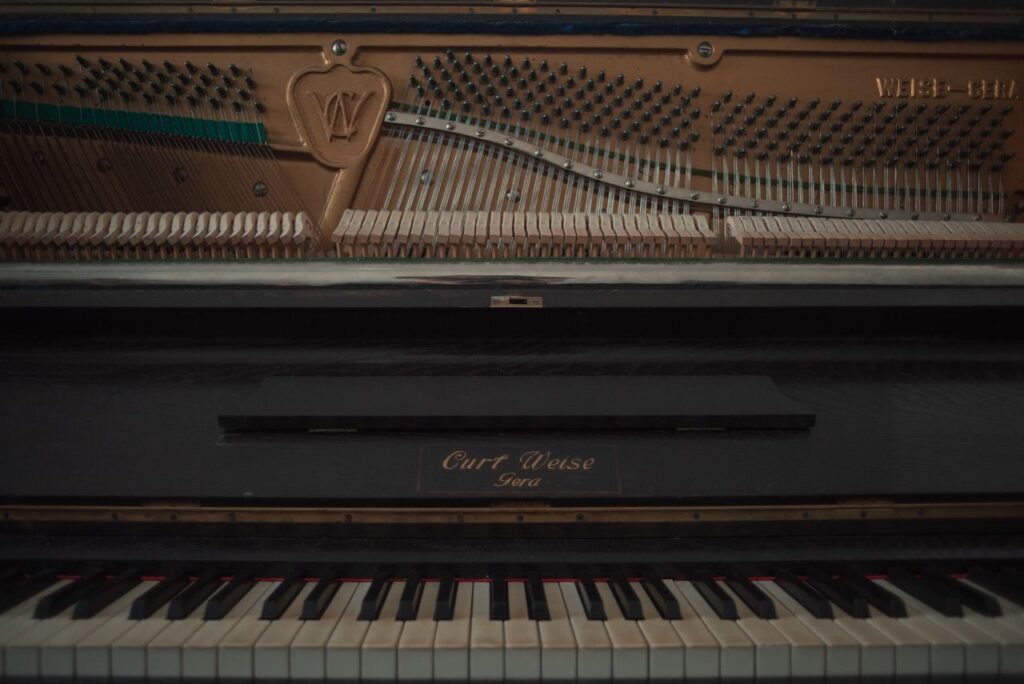
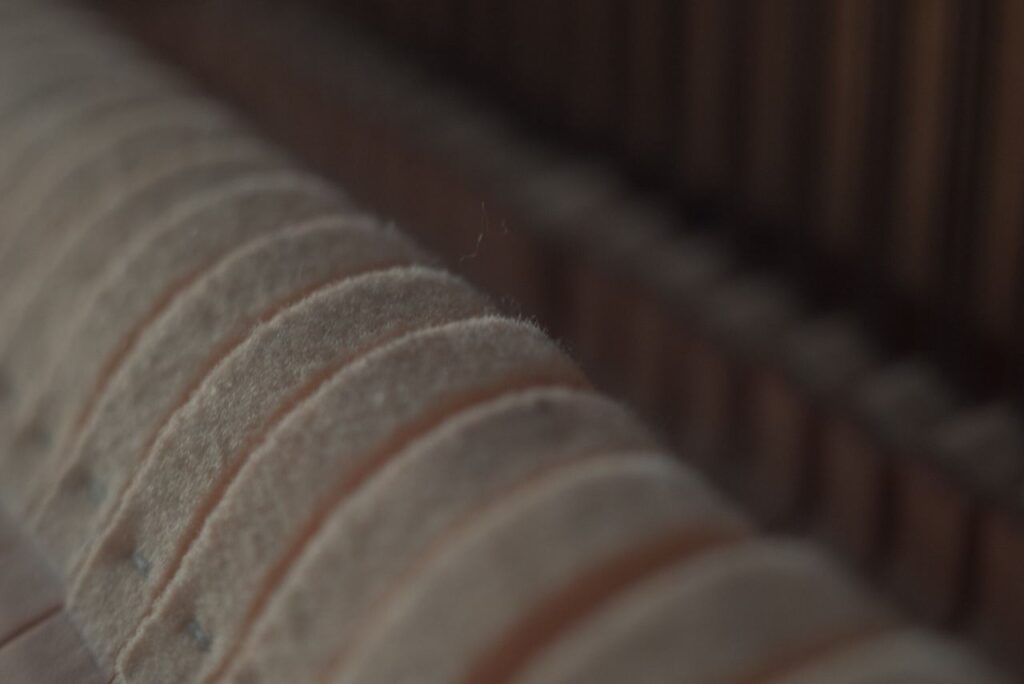
7. If you had to start over, what would you get first?
No surprises — a piano! 🙂
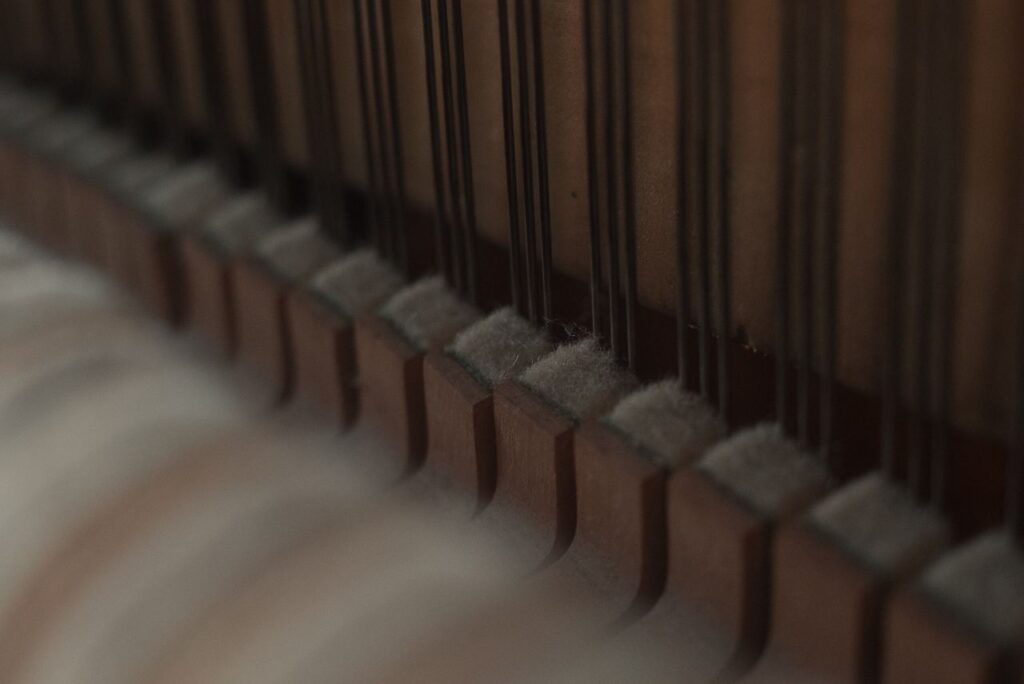
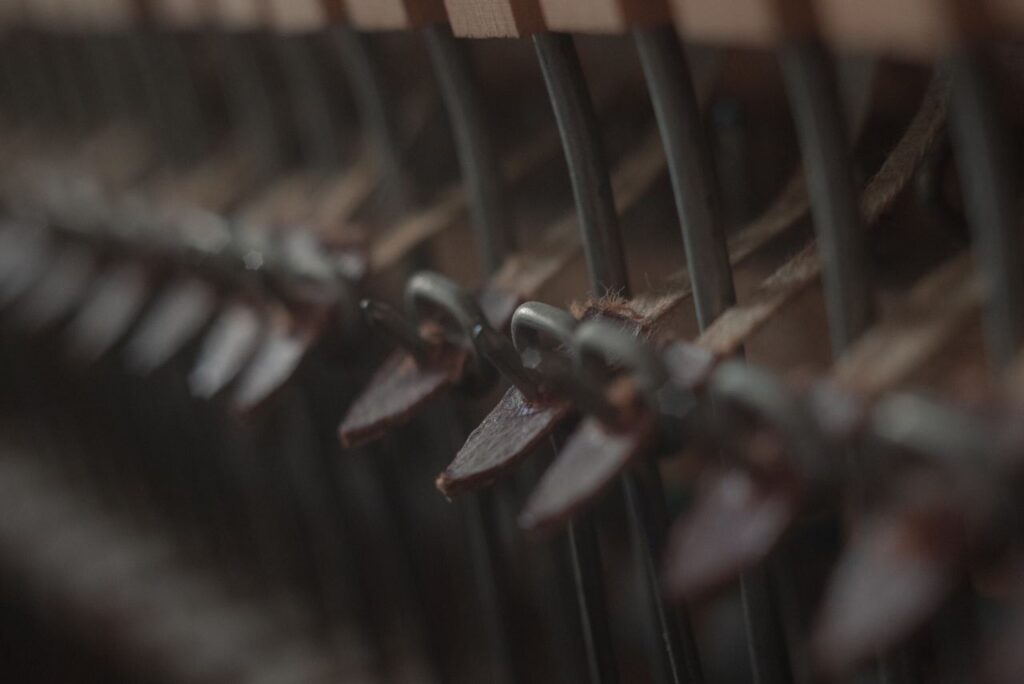
8. What’s the most annoying piece of gear you have, that you just can’t live without?
Definitely any computer. Now I set myself a goal to reduce the computer part in my music production and live sets. However, I’m far from this right now, the computer still does lots of work. I don’t like endless possibilities which computers give, preferring a simple gear which is capable of very limited things — but does it perfectly.
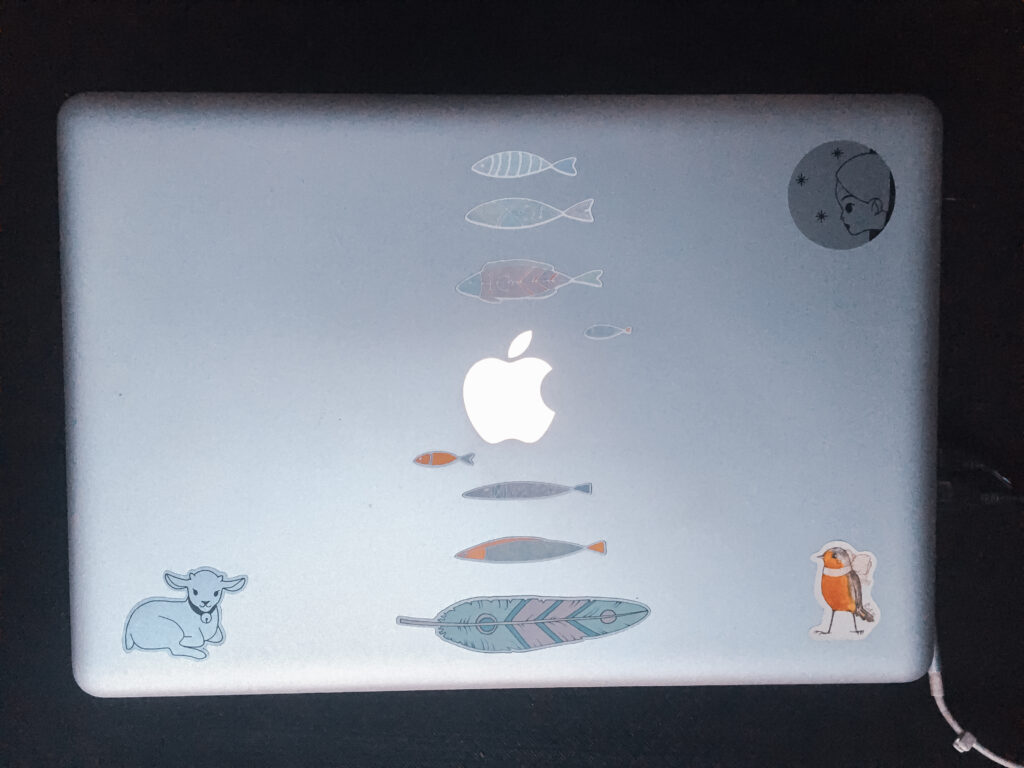
9. Most surprising tip/trick/technique that you’ve discovered about a bit of kit?
Turning a three-headed cassette recorder into a tape echo by creating a feedback loop on a mixer. I do it with my Marantz PMD 222, it sounds lovely.
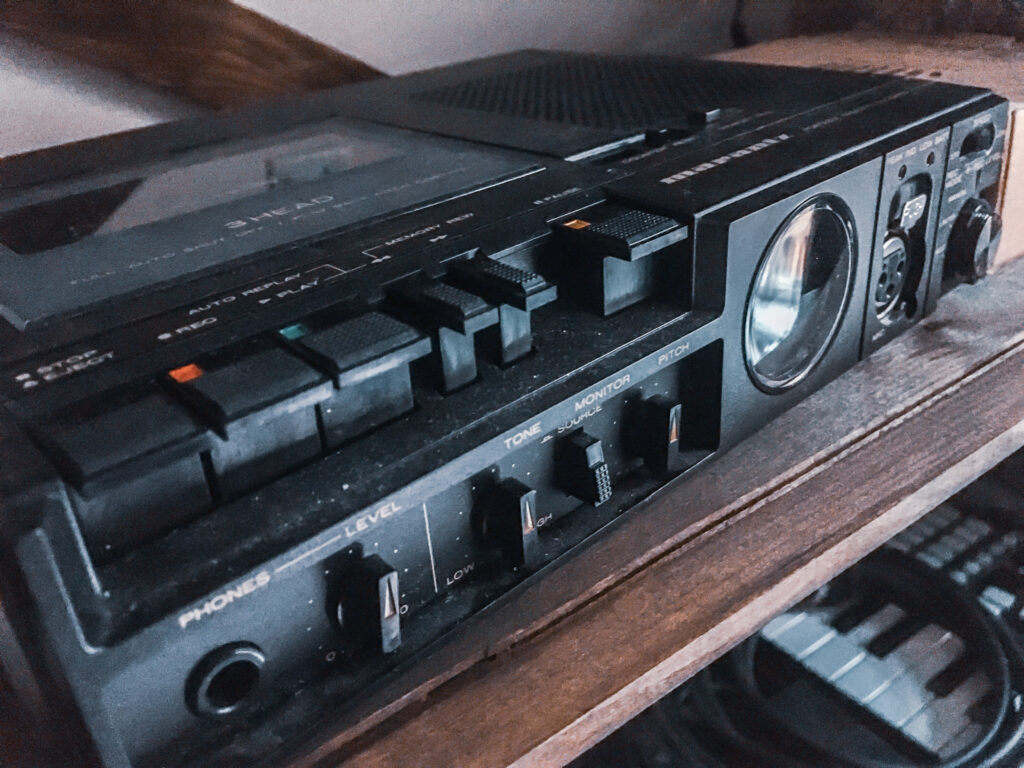
Artist or Band name?
closeyoureyes
Genre?
electronic
Selfie?
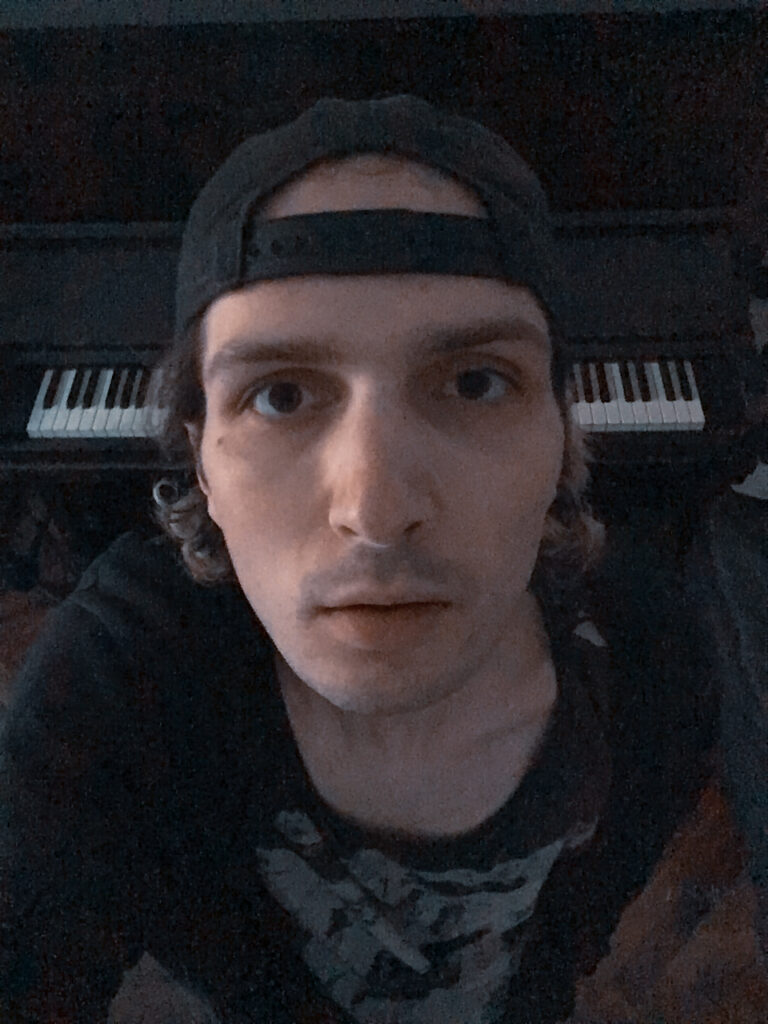
Where are you from?
Saint Petersburg, Russia
How did you get into music?
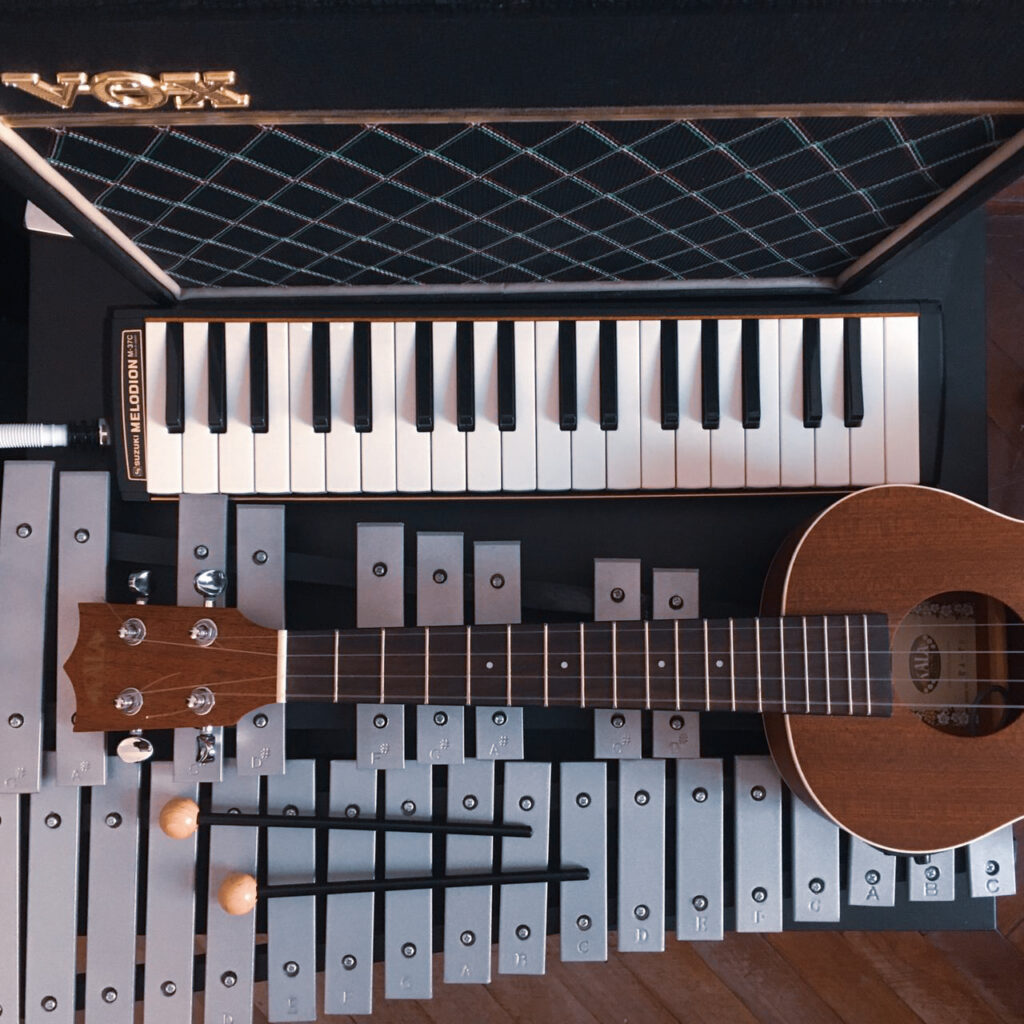
I was obsessed with the idea of playing guitar in high school, so I tried to self educate. I played several bands, something like indie/funk/rock, we all know this good old story. Then I realized that composing music with the band doesn’t work for me personally, and no matter how awesome the band is. So I quitted all bands and started to search how I can do music on my own. This led me to electronic music — as a field where I can compose and perform alone. Nonetheless I still love acoustic instruments, therefore I use a lot of them in my production. Like ukulele, melodica, kalimba, flute, toy pianos, obviously not to mention guitar and piano. So the outcome is an electronic music filled with tricky processed acoustic instruments.
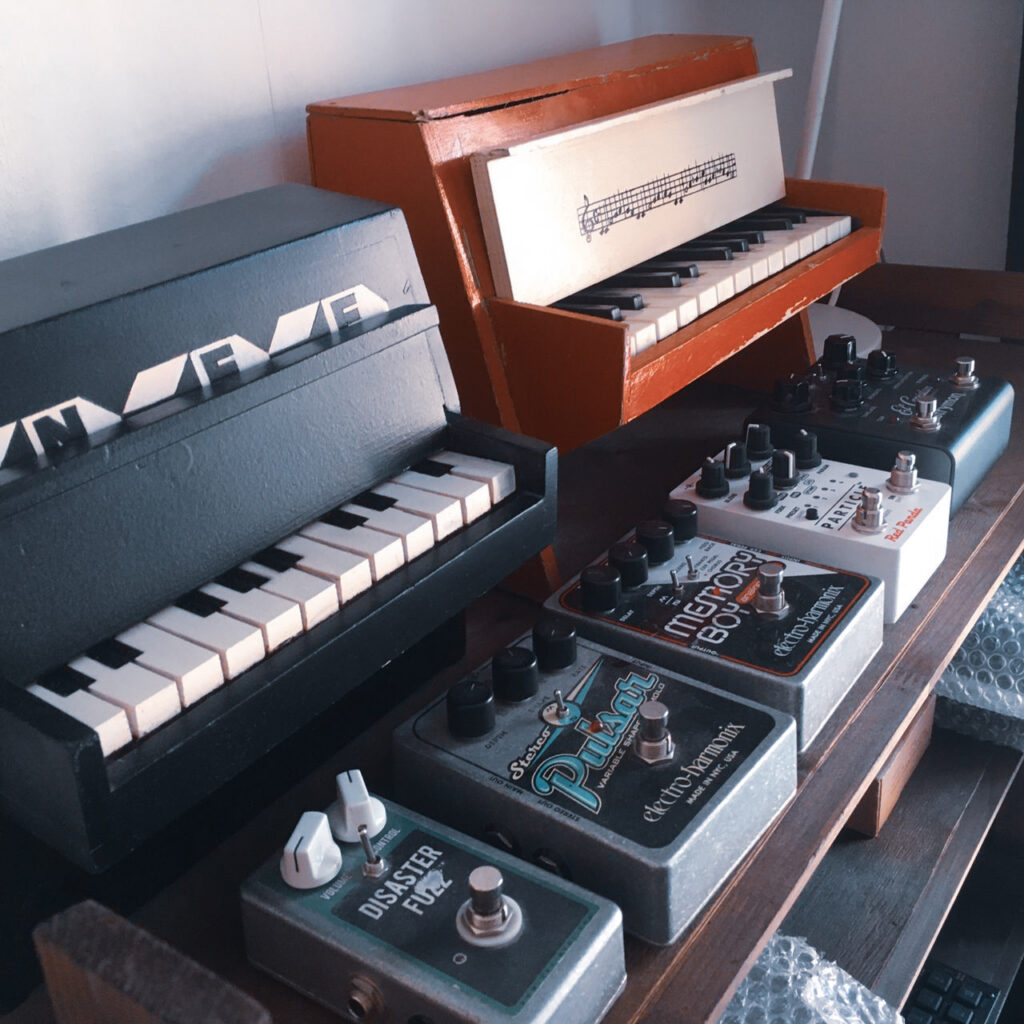
What still drives you to make music?
A conviction that for me it’s the very best way to communicate with the world and to release feelings and ideas that I carry inside.
How do you most often start a new track?
I start with a piano or polyphonic synth mostly. The very first thing is the sound. Usually, I need to prepare my piano with felt because a quiet sound with a lot of rustle going on is what I really like, and also do some experiments with mics positioning. At the same time I may apply some effects like delay or granular stuff because these effects drastically change the way I will play the piano. When the sound is ready, the next step is to come up with a nice chord progression or/and melody. At this stage I try to catch the idea of the whole track with all its changes and turning points, and then use other instruments to amplify the emotions which are already included in the piano part.
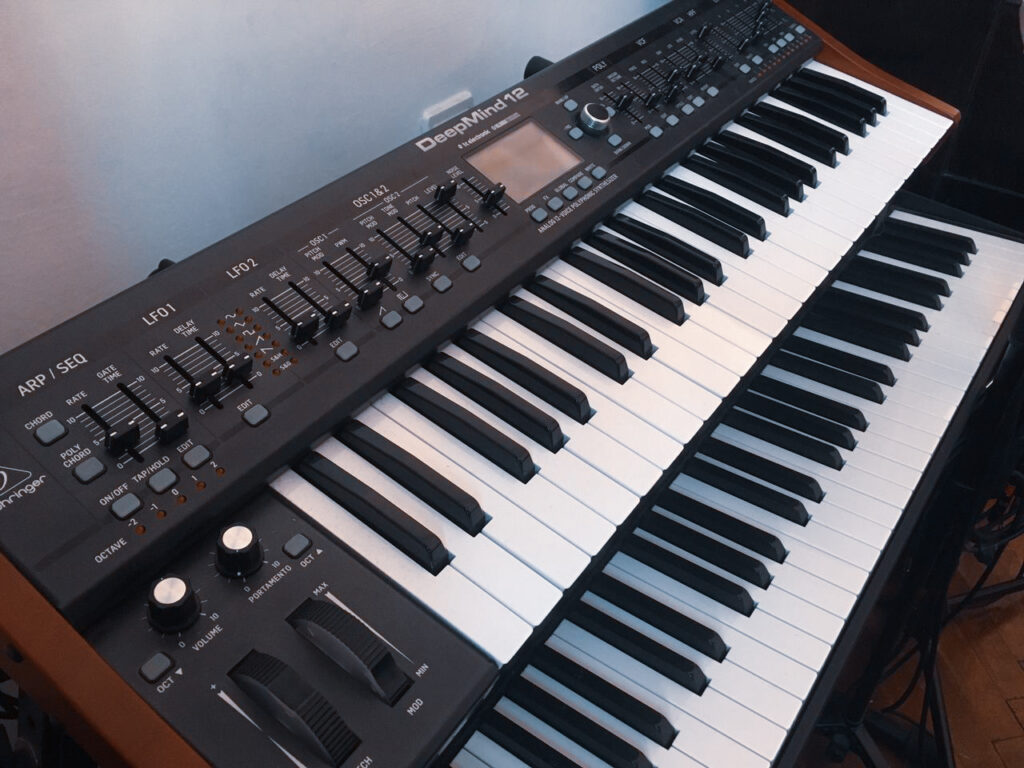
How do you know when a track is finished?
I listen to it a lot. Mostly while walking in the streets, I listen and ask if I want to add something or get rid of it. When everything’s fine, it’s finished.
Show us your current studio
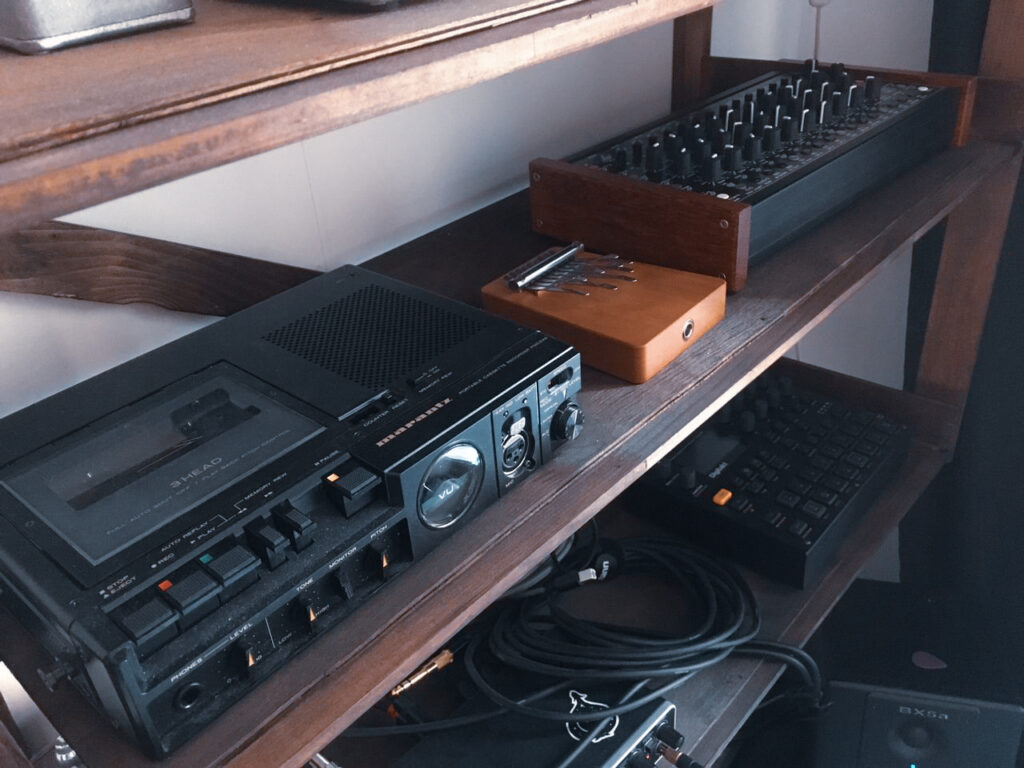
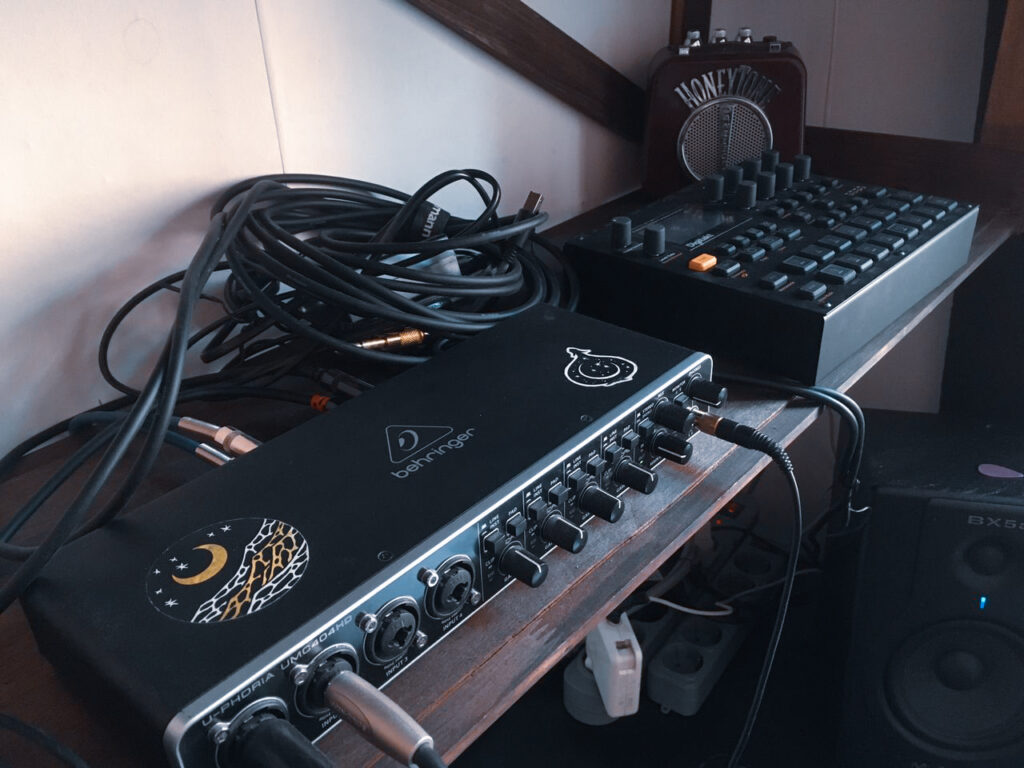
Best creative advice that you’ve ever heard?
There were two actually.
1) Listen to your most inner voice. You have a lot of inner voices, but there’s one that always was there since your early childhood. Find it and listen to it.
2) Start to compose with the opposite of what you used to associate with yourself. You will add all this to your common features later, but the start should be far far away from your familiar territory.
Promote your latest thing… Go ahead, throw us a link.
Well it’s been a while since I released new music, but something new is coming really soon, so I’ll leave these links in case you want to stay in touch:
instagram.com/closeyoureyesmusic
(here I share most recent news, studio sketches and some daily music related routine)
youtube.com/closeyoureyesmusic
(here I share live sets, both electronic or acoustic, gear demos, tutorials and all this YouTube stuff 🙂
And if you want to support what I do, you are always welcome to my bandcamp
closeyoureyes.bandcamp.com
[Editor: Do you have a favorite tip, trick or way of working with any of the gear from this interview?
Then throw a comment below…]

